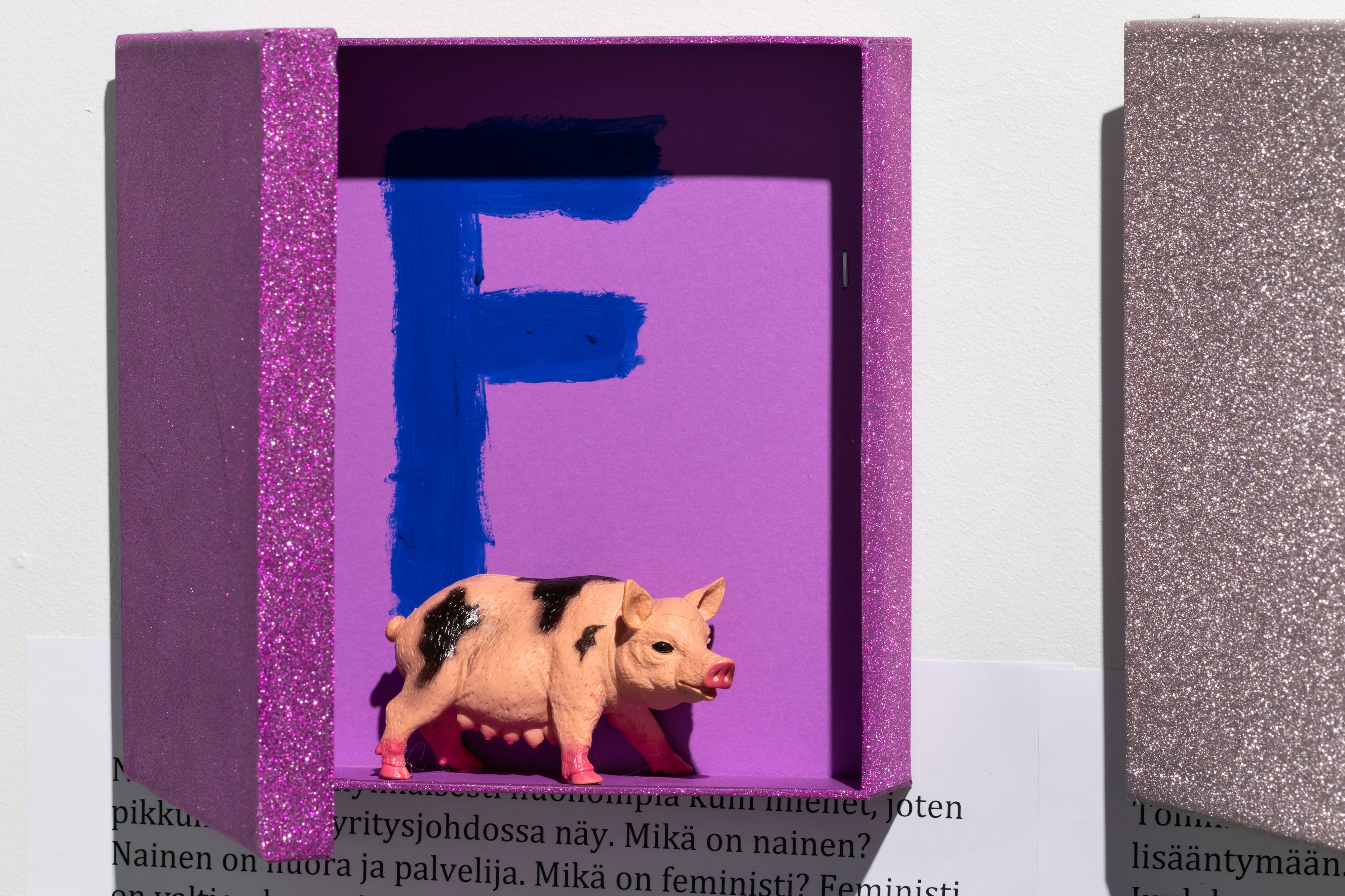
By Dr Raquel da Silva, British Academy Post-Doctoral Fellow
School of Government, University of Birmingham
‘Fighting Political Backlash’ is part of the University of Birmingham’s Future of Society festival, hosting a variety of free events from 2-9 November to show how pioneering social, economic and political research impacts on everyday life.
When I first heard Greta Thunberg talking, I immediately thought ‘this young girl will face a massive backlash”. It was not long before I saw the following meme online:

There are many more examples, sadly, which showcase how backlash has pervaded twenty-first-century life – such as this. It is not a new phenomenon but one that took off with the advent of the Internet, spiralling out of control in positive correlation with the increase of social media usage, and feeding the so-called online trolling behaviour.
In a recent report, Imran Ahmed and Linda Papadoulos present the concept of political trolls who are defined as “skilled and determined propagandists, promulgating harmful extremist beliefs, like sectarianism, racism and religious intolerance, using abuse and mockery” (Ahmed and Papadoulos, 2019, p. 3).
According to the authors, engaging with political trolls spreads and amplifies their message. This is precisely their aim, as “troll propagandists are not seeking to enter an honest debate. They and their active troops are not there to be converted” (Ahmed and Papadoulos, 2019, p. 4). In this sense, Ahmed and Papadoulos offer a list of helpful recommendations to different audiences (the victims, the media, and social media companies) to deal with hate on social media. I think the tone of their recommendations is quite right and shows compassion for the victims of online trolling.
However, the risk of these recommendations is the silencing of certain voices, which tend already to be marginalised, including the voices of feminists, women and non-binary people, and people of colour. In a report published in 2018, Amnesty International affirmed that political backlash against women on Twitter “has a detrimental effect on their right to express themselves equally, freely and without fear” and “leads women to self-censor what they post, limit their interactions, and even drives women off Twitter completely” (Amnesty International, 2018, p.5).
Therefore, despite agreeing with the premise that we should not feed the trolls, I also strongly defend that as academics and activists, we should never let the fear of online trolling silence us. If that is what we want, we should share our views and research outputs online – talk to an audience who wants to hear it and with whom we can engage in positive and fruitful debate. As an example of this, when the Shamima Begum’s story broke out, I tweeted:
“In #ShamimaBegum we need to acknowledge the human being, woman, mother, daughter, sister & British citizen who is crying for help. And the great opportunity to break the cycle of violence. To stop repaying violence with more violence and to actually live what is preached.”
I got the “normal” troll-like comments, as well as other academics and activists just talking about something else like the horrors suffered by Yazidi women. I support any efforts to help Yazidi women, but that is simply a different subject. It is the same as I support Greta’s climate change activism, as well as fighting poverty in Venezuela. These are simply different issues, and we need to stop mixing different topics up for the sake of our own convictions and priorities – in other words, for our own gain.
However, in the midst of hate, I also got colleagues honestly engaging with what I tweeted. These comments warmed my heart and made me remember that although some days I struggle, I truly want to stand behind Nelson Mandela’s affirmation that “…if (people) can learn to hate, they can be taught to love, for love comes more naturally to the human heart than its opposite.”
However, for this to happen, we must examine current manifestations of backlash and figure out creative ways to resist, survive, fight, and thrive in hostile environments, individually and collectively, online and offline. We also need to get together and hold more offline conversations about these issues, which is exactly what we are doing on 6 November from 17:00 – 19:30 pm at Birmingham Library.
Through this event, we aim to provide a platform for informed and respectful dialogue with people who have been targeted by online hate — strategizing supportive and productive responses to a topic that is usually dominated by the mass media and online spaces, and providing space to push back.
More details and register here.
